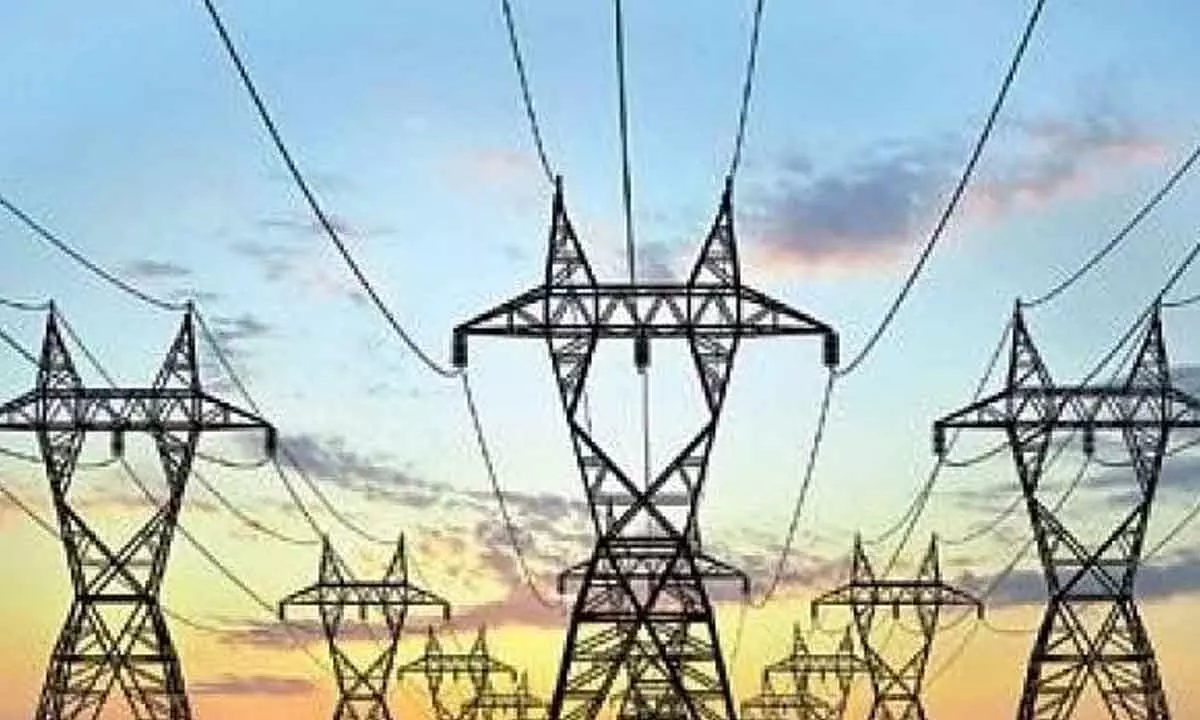Fix power tariff in March every yr: Centre to States
Gives leeway to States on subsidy, but says the subsidy has to be paid for
image for illustrative purpose

Powering Energy Sector
- Regularly reviewing performance of power sector
- Billing efficiency should be over 87%
- Collection efficiency over 97%
- Discoms owe Rs87,000 cr to gencos
New Delhi: In a bid to improve the financial health of the power sector, the central government has directed steps to fix the electricity tariff regularly. The tariff must be fixed in the beginning of March of every year, that is, before the next financial year begins, official sources told Bizz Buzz.
Also, the Union Power Ministry has recommended that the tariff should reflect the cost. States can give whatever subsidy they want, but the subsidy has to be paid for. The Union Power Ministry also wants all government departments to be put on the prepaid system, thus ensuring payments from government departments automatically.
Centre has also asked States and Union Territories (UTs) to review the performance of the power sector on a regular basis. Ministers and senior officials should do that. The review should also include the performance of distribution companies (discoms) and generation companies (gencos), the sources said, adding that the energy accounts must be prepared, the billing efficiency should be more than 87 per cent, and the collection efficiency over 97 per cent.
The Union Power Ministry has also exhorted States and UTs to run all power plants at full capacity.
The Ministry is of the view that restoration of financial health of the power sector is critical to attain sectoral goals as well as economic growth. According to its estimates, discoms under States owe over Rs87,000 crore to gencos, more than one-third of which is past its due date. This is not sustainable, the sources said. The Union Power Ministry has been striving to reform the sector. In November last year, it had directed State Electricity Regulatory Commissions (SERCs) to wind up the process of recovering dues owed to state discoms by government departments. SERCs term these dues as regulatory assets, a ploy that helps them defer the dues to the future. The Centre wants regulatory assets to be liquidated.

